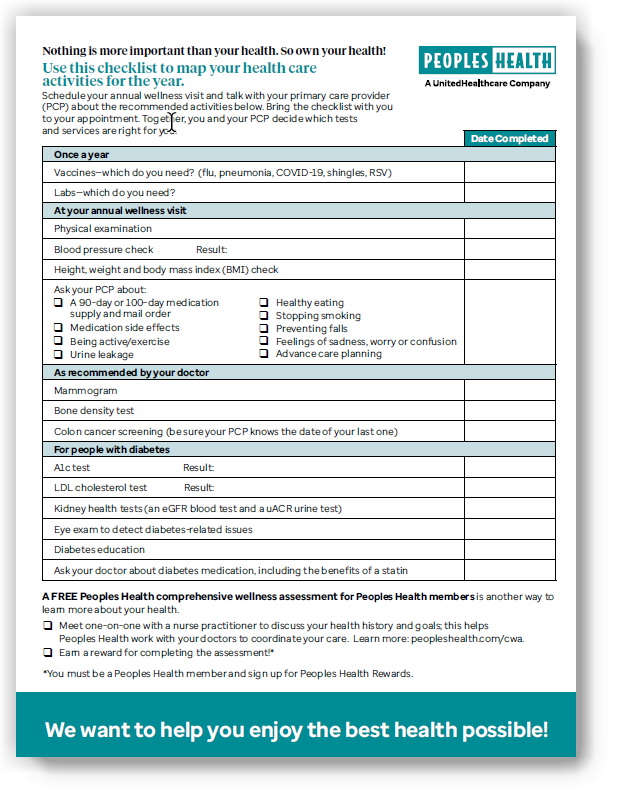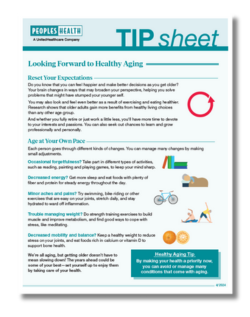Vaccinations have been called one of the great inventions of the 20th century because they’ve eradicated smallpox, nearly eliminated polio, and greatly reduced the devastating effects of other diseases, such as measles, mumps, diphtheria and others.
Staying up to date on vaccines is one of the best things you can do to protect your health.
How Vaccines Work
A vaccine is made from weakened or dead germs, and this helps protect you by allowing your immune system to recognize the germ early and help destroy it. Vaccines stimulate your immune system to produce antibodies. Your body uses antibodies to fight off an infection.
Each time you get a vaccine, your body may get better and better at fighting off that strain of illness.
Can you tell the FACTS from the MYTHS?
Vaccines are no longer needed.
MYTH. The viruses and bacteria that cause vaccine-preventable diseases have not gone away.
Vaccines are safe.
FACT. The U.S. currently has the safest vaccine supplies in U.S. history.
Vaccines make you sick.
MYTH. Vaccines don’t cause disease.
Some vaccine side effects are normal.
FACT. Side effects from vaccines could include a sore arm, headache or low-grade fever. These are normal signs that the body is building protection. Tell the vaccination provider or your doctor if side effects don’t go away.
Vaccinations are for children only.
MYTH. Anyone can get sick, although older adults are at greater risk of serious infections and complications.
Protect Your Health—Get the Vaccines You Need
Staying healthy has great benefits, because treating vaccine-preventable diseases can mean missing out on work, social events and other obligations. For example, the flu can last up to 14 days, with many days of bed rest needed.
Once a person receives the appropriate dosage of a vaccine on the recommended schedule, they’re generally considered immune to the disease. However, some vaccines may not be appropriate for everyone, so be sure to discuss all vaccines with your doctor.
Adult Vaccinations
According to the Centers for Disease Control and Prevention (CDC), adults need to keep their vaccinations up to date because immunity from childhood vaccines can wear off over time. You’re also at risk for different diseases as an adult.
The CDC recommends the following vaccinations for adults who have not been vaccinated or who have no evidence of immunity:
- Chicken pox
- Measles, mumps and rubella (MMR)
- Meningococcal (meningitis) disease – only if doctor recommends
- Hepatitis B
- Hepatitis A
- Influenza (flu)
- COVID-19
- Respiratory syncytial virus (RSV) – only if doctor recommends
- Pneumococcal disease (pneumonia)
- Shingles
- Tetanus, diphtheria and pertussis (Tdap)

Talk with your doctor to determine the vaccinations you need.
Also discuss travel plans with your doctor if a trip will take you outside the U.S. You may need other vaccines before visiting certain regions of the world. Examples may include:
- Japanese encephalitis
- Rabies
- Typhoid
- Yellow fever
For older adults, shingles, flu, pneumonia, tetanus and diphtheria vaccinations are considered vital for maintaining good health.
Vaccinations are safe and convenient and can help keep you and your loved ones from getting sick. Talk with your doctor to make sure your vaccinations are up to date and discuss vaccines you may need in the future.









